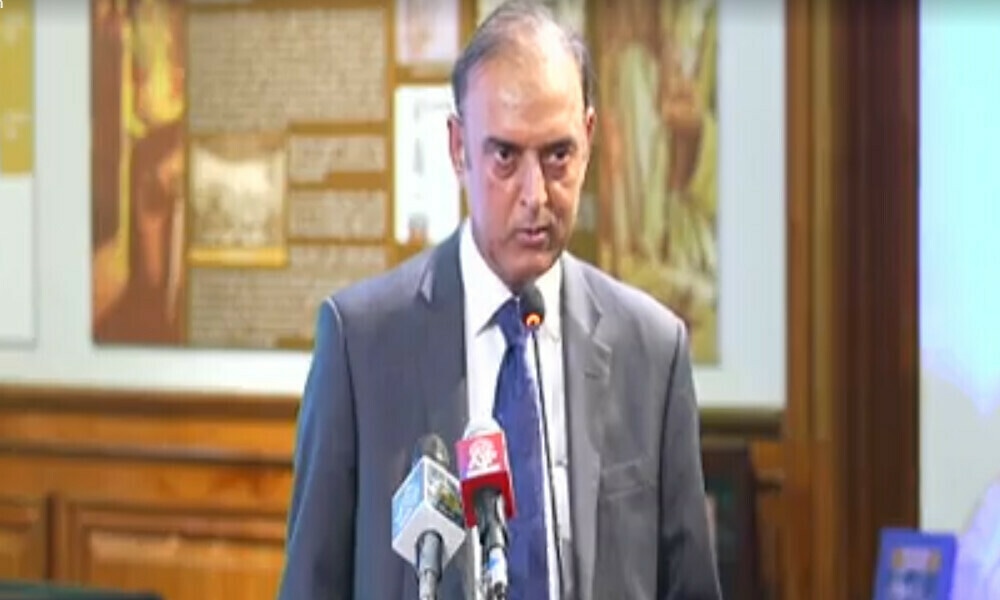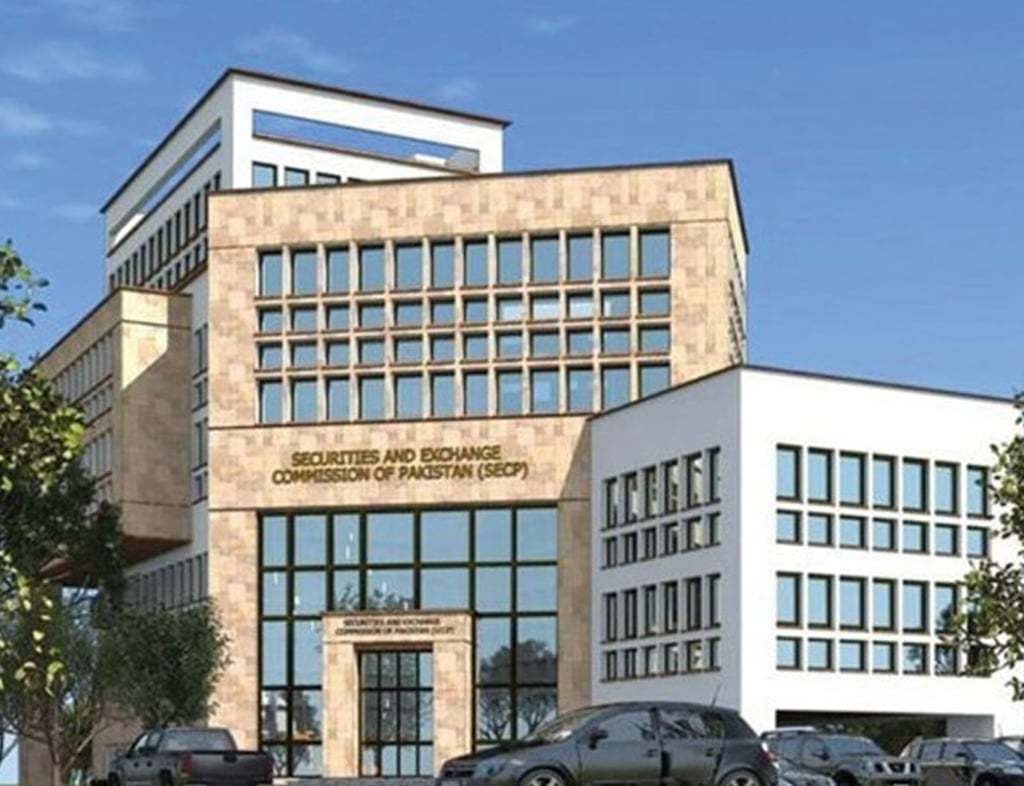PTBP Web Desk
The Federation of Pakistan Chambers of Commerce & Industry (FPCCI), State Bank of Pakistan (SBP) Governor Jameel Ahmad provided a positive outlook on the nation’s economic trajectory. He emphasized that the pace of inflation is expected to decrease further in January before experiencing some volatility over the subsequent four to five months.
Governor Ahmad highlighted the significant reduction in inflation rates, noting a drop from a high of 38% to just 4.1% as recorded in December 2024. This substantial decline is seen as a sign of economic recovery and stabilization. According to Ahmad, the SBP’s projections indicate that inflation will stabilize within the target range of 5-7% by the end of 2025, aligning with the central bank and government’s medium-term goals.
“The SBP remains committed to achieving its target, which will provide long-term relief,” Ahmad stated, acknowledging the potential for economic volatility that could affect both businesses and the general public. He underscored the importance of this target in offering sustained economic stability.
In response to the easing inflation, the Monetary Policy Committee (MPC) of the SBP has made strategic adjustments by reducing the key policy rate by 200 basis points to 13%. This marks the fifth consecutive rate cut since June 2024, when the rate was at a peak of 22%. These reductions aim to stimulate economic activity by making borrowing cheaper, thereby encouraging investment and consumption.
Ahmad also touched upon the current account situation, describing it as “in very good condition” due to an increase in both remittances and exports. However, he cautioned that while remittances are on track to “comfortably achieve” $35 billion in the current fiscal year, the export sector requires urgent attention.
“Our exports have not grown as expected and it needs to be further taken upward. Without an increase in exports, we will continue to face current account and balance of payment issues,” he noted, signaling the need for a robust export strategy to support economic health.
Speaking on Pakistan’s foreign debt, which stood at approximately $100 billion in June 2022 and slightly rose to $100.8 billion by the end of September, Ahmad explained that this increase was primarily due to revaluation adjustments rather than new debt accumulation. This stability in debt levels amidst global economic challenges indicates careful fiscal management.
The Governor also advocated for greater support from commercial banks to Small and Medium Enterprises (SMEs). He emphasized that SMEs play a critical role in generating employment and revitalizing economic activity.
“We need to facilitate SMEs because its expansion helps in employment generation and positively contributes to the revival of economic activity,” Ahmad urged, calling for more initiatives from the banking sector to cater to the unique needs of SMEs.




